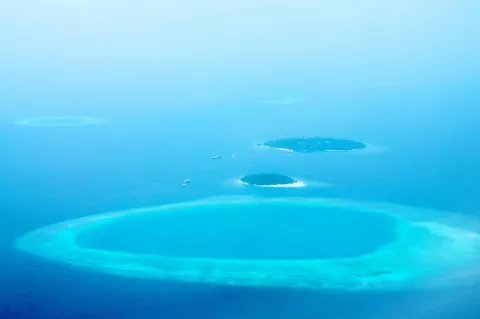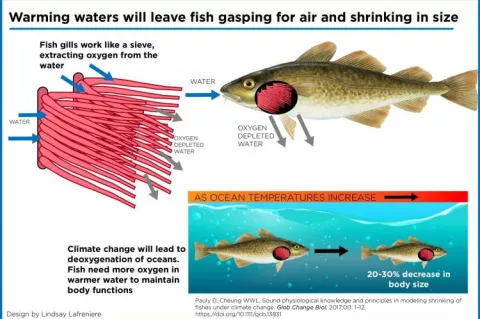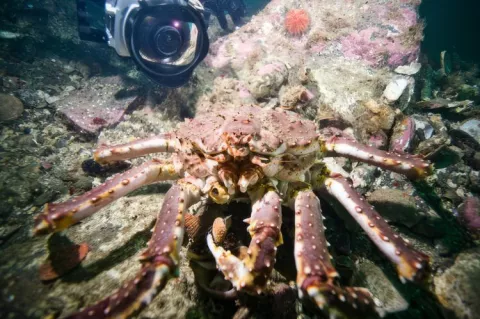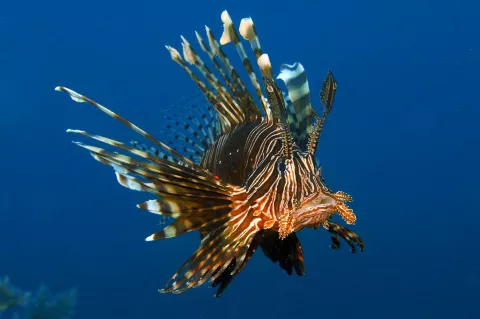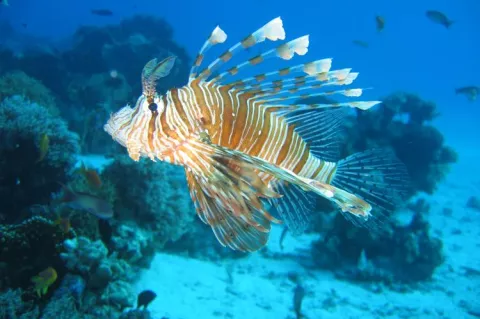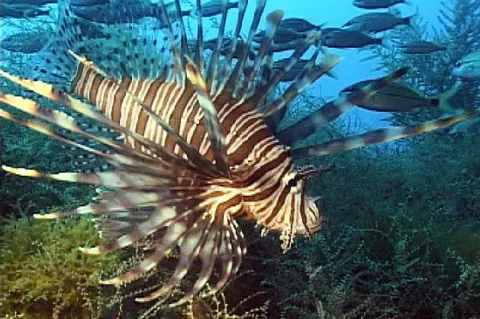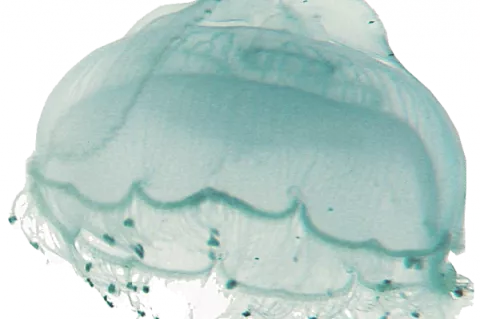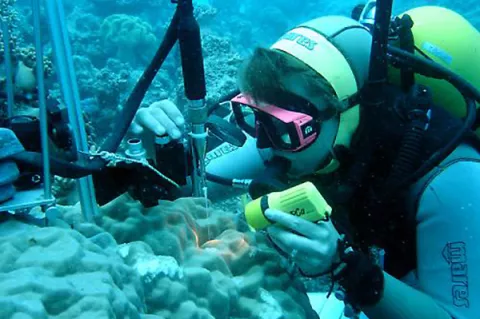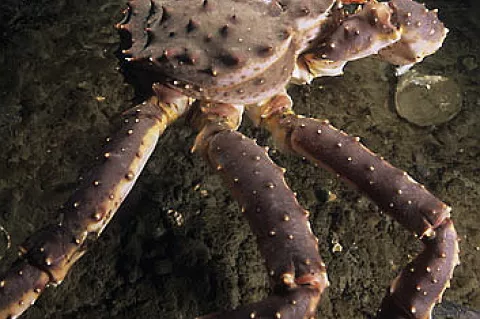Are atolls rising to keep up?
Atolls are often only around two meters (6.6 feet) above sea level, but sea levels could rise by more than that by the end of this century, according to prevailing climate models. Four atoll nations -- the Marshall Islands, Tuvalu, Kiribati, and the Maldives, which are together home to more than half a million people -- were the most vulnerable on the planet to climate change but under threat was also those in the Caroline Islands, Cook Islands, Gilbert Islands, Line Islands, Society Islands, Spratly Islands, Seychelles, and Northwestern Hawaiian Islands.
- Read more about Are atolls rising to keep up?
- Log in to post comments

